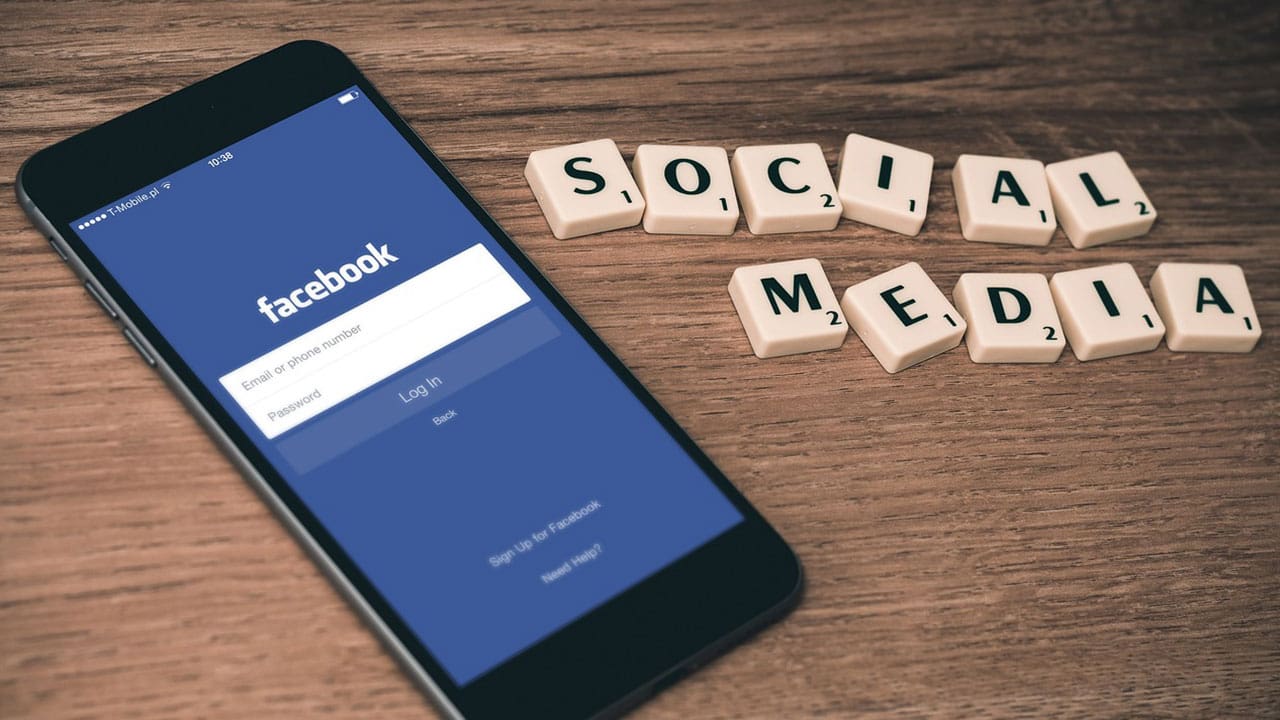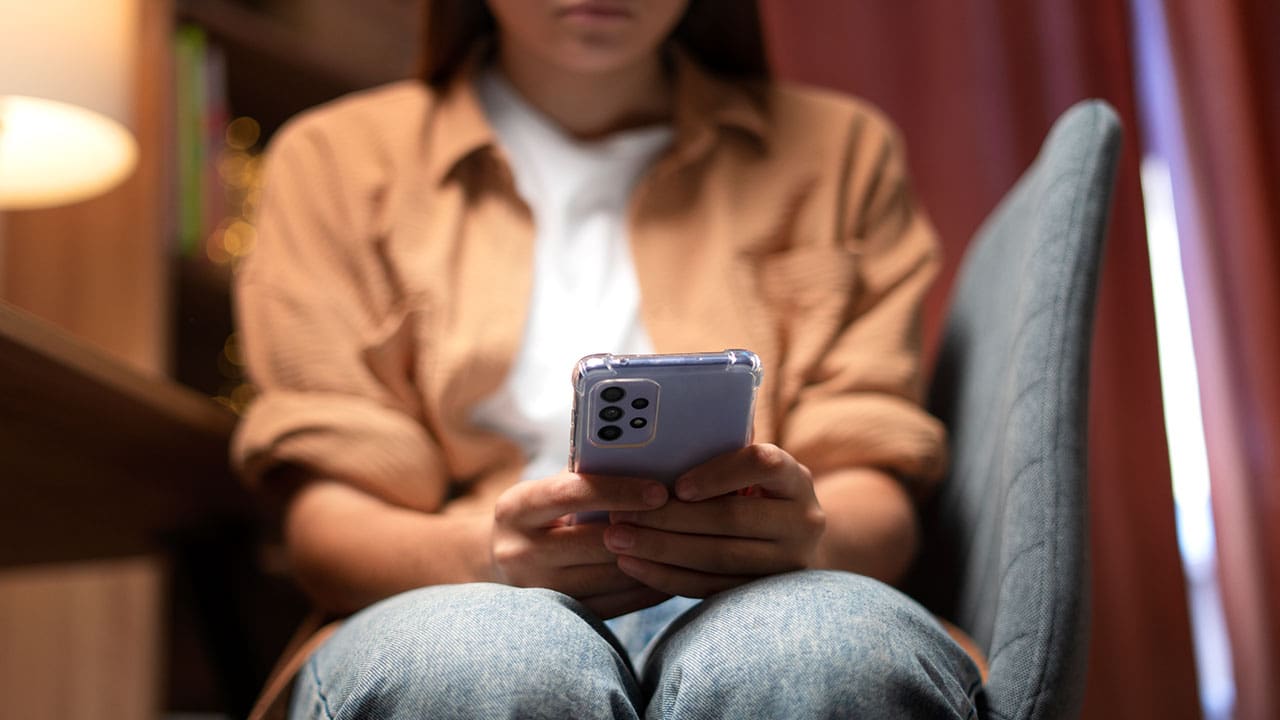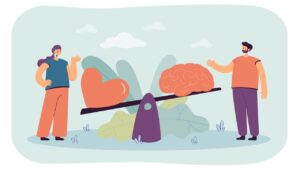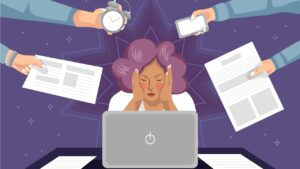Social media has transformed the ways through which we connect, share, and get information. Billion of digital media users are from all over the world, playing a huge role in their daily lives, especially among the young generations. There are various benefits offered from online platforms but along with that it comes with a number of risk factors. Hence, there are numerous pros and cons of social media on mental health.
Through this blog, you’ll get a deep understanding of the pros and cons of online networking. And we have also listed out practical solutions for using social networking sites in a more healthy and productive way.
[toc]
Let us thoughtfully navigate the digital world, in order to make digital media work for you – rather than against you.
Social Media Impact on Mental Health

Social media may bring out pros and cons to mental health depending upon the nature and consumption of it. It solely varies from individual to individual how he/she utilizes the platforms of digital media.
Numerous researches have been conducted on this topic which indicated positive and negative outcomes, which ranges from increased connectivity resources to profound stress and mental disorders. Therefore, digital media can be beneficial in boosting the self-esteem of some people, while some may get trapped into low self-esteem or insecurities.
According to researchers, prolonged usage of social media will increase the chances to develop anxiety and depression. It often causes people to develop insecurities, unfair comparisons with others in terms of success, relationships and body image. However, if it is carefully used, online platforms can work as a valuable resource of creativity, for mental and emotional wellbeing.
Advantages of Online Networking on Emotional Health
The positive effects of Social Media on Mental Health are highlighted in the following section:
Connection and Support
Digital media is a great source of building connections with others. The online platform also serves as a support system for those who are seeking help in their isolated phase. Therefore, people struggling with psychological concerns can look up to online communities for staying connected as per their comfort, rather than experiencing isolation.
Education and Awareness
The powerful tool for education and awareness is none other than social media. For educational purposes, social networking sites can be a great source as it gives useful pieces of advice and information regarding your queries. It is used for raising awareness campaigns in the field of psychology or emotional health professions.
Creativity and Self-Expression
There are many digital media platforms that work on the creative expressions of individuals. People have the liberty to share views through their self-expressions in the form of artwork, photography and writing or simply venting out their feelings. This creativity works as a therapeutic tool for many of the people facing mental health issues, which help them in coping up with it.
Access to Professional Help
Through social media, people may easily seek professional help. Psychologists, therapists, and psychological health advocates are offering free services, hosting live Questions/Answers sessions, and sharing resources leading towards professional therapy or counseling. You may now easily find many mental health services online, which makes therapy more accessible to a broader audience.
Inspiration and Motivation
The platform of Social media also works as an inspiration and motivation for its users. Through motivational stories, achievements, or wellness tips, many users get encouraged to adopt healthier habits. Seeing someone who overcomes challenges can build hope and inspiration, pushing individuals to grow as an individual and flourish to their fullest potentials.
Disadvantages of Social Platforms on Mental State
The negative social media effects on mental health are below:
Cyberbullying and Harassment
Digital media has a very serious toll on mental wellness which develops feelings of sadness, worthlessness and anxiety in an individual. This can be in the form of cyberbullying and harassment through online channels or media platforms. It is very commonly seen through negative comments, bashing and trolling.
Information Overload and Stress
Media users are pressured to stay up with the current trends and events that may become stress-provoking for them. The overloaded information coming from social media makes anybody overwhelmed easily causing anxious feelings and stress in them.
Addiction
Social media is addictive in nature. It makes a person compulsive about the likes and comments they’ll get through the online platforms. This makes them vulnerable to develop an addiction of media impacting their overall well-being on a negative scale.
Time Management Issues
People who have prolonged hours spending their time on social networking sites will affect their time management. They experience issues in managing their schedules properly. The valuable time of these people are all eaten up by social media, as they neglect their real-life responsibilities while scrolling through feeds throughout the whole day and night.
Psychological Health Issues Linked to Social Networking Sites
Excessive and unhealthy usage of digital media gives rise to various mental disorders. These issues might be the cause of the negative influence of Social Media.
Anxiety
Anxiety disorders can develop in people who excessively use social media, as they have constant pressure to stay present on social networking sites and fear of missing out can lead to social anxiety. The digital media can generate anxious feelings in them with the negative or provoking content which may sometimes result in panic attacks also.
Digital media can make these people stick to the online world and they tend to find it challenging to interact or socialize with people in their real life. If this pattern stays, their communication affect and ultimately they’ll develop social anxiety.
Depression
Depression is the most common mental disorder caused due to digital media. People who spend more time on online platforms are usually prone to feel stressed, depressed and lonely in their lives. Studies have also shown a link between excessive usage of Online platforms and increased feelings of depression and sadness.
There are many people who start comparing their lives with others on social networking sites, without even realizing the reality behind the actual content, though it shows the ideal and best of a person’s life but it’s not real because nobody’s life is perfect or ideal.
Eating Disorders
Many people compare themselves with others while using digital media, these unfair comparisons give rise to unfair standards causing mental disorders. The most commonly known are the eating disorders that may negatively impact the eating and health habits of an individual.
Social networking sites such as Instagram, TikTok have set certain body images, which the users start to idealize. In order to fit those specific standards, they start to get dissatisfaction with their own body types. This exposure will provoke unhealthy behaviors like binge eating, excessive diet to fit in the ideal standards set by the media.
Related Pick: Mental Health Myths VS Facts: Dispelling Common Misconceptions
These people do this for validation from the public in the form of likes and comments to get acceptance and admiration. Researchers have also shown a significant relationship of digital media with body dissatisfaction, which increases the risks of developing eating disorders such as bulimia nervosa, anorexia and binge eating.
How to Protect Your Emotional Health
Limit Your Time
Limit yourself from online platforms by setting a specific limit from your daily schedule. Follow this schedule by not exceeding the limited time. You may also set your devices on airplane mode or simply turn off the notifications to get rid of it for a specific period or hours.
Create a Detox Period
Focus on your mental rest and real-life activities by detoxifying yourself from social media or taking breaks by following a regular pattern in it. Engage yourself with your loved ones and live in the moment in this detox period.
Keep Tabs
Be conscious about your emotional reactions and feelings while scrolling into social networking sites. Whenever you feel a bit anxious or get stressful, just take a step back from it.
Practice Mindfulness
Practicing mindfulness will keep you calm and relaxed, make sure that social networking sites helps you in fleeing your stress away rather than causing you stress. So make a mindful use of digital media to have a healthy mental wellbeing.
Prune Your Accounts
Have a regular check on whom you are following and add in your accounts. Remove those people who affect your well being through their negative influence or unreal standards.
Connect in Real Life
Build connections in real-time with real-life people instead of solely depending upon virtual friendships or connections for emotional support.
Conclusion
Effects of social media on mental health derive pros and cons, depending on its nature of usage. While it helps in developing connections, creativity and support, it also has some challenges too which may include harassment, bullying, comparisons, addiction and so and so forth.
A balancing approach is best to cater with this digital media world. So, you may enjoy taking advantage of it as much as you want while not compromising your mental well-being.








